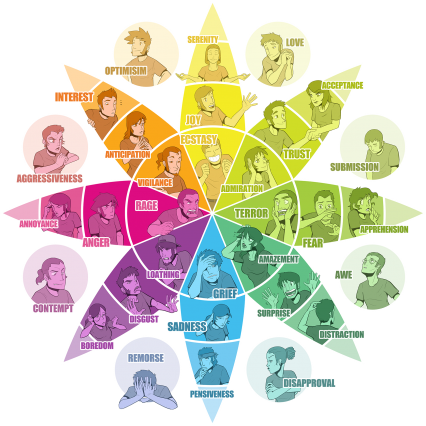"Till, when the Messengers despaired, deeming they were counted liars, Our help came to them and whosoever We willed was delivered. Our might will never be turned back from the people of the sinners." (12/110)
If you are subjected to unrelenting misfortunes, that means you are forced by the destiny to change. You may be aware of this or not but, things will never be the same again because of the sufferings that have carved their memories permanently into your memory. You subconscious has developed an immune reaction towards the conditions that brought about your misery. Even if you consciously have not understood this situation yet, your brain is more intelligent than you! That's why it thinks on your behalf, when it realizes that you are not taking proper action. If, on the other hand, you have pondered on the events and critically analyzed things, you sure have made some conclusions to seed the change in your life.
Thus was the situation of the Muslim world a century ago. Wars and conflicts that claimed the lives of millions and killed the hopes of the survivors forged the people in ways that was impossible otherwise. I am saying this, but that should not be understood as an indifference to human suffering. Rather, I want to take a picture of the past, now that we are far enough from it. The signs of a need for change were knocking on the doors of the believers, but they consistently managed to convince themselves otherwise, and backed up their position using the holy sources. So, until those cruel times, the Muslims, especially the scholars, had full conviction about their truthfulness according to their understanding of the revealed word of God. Accordingly, they went on with their critique-lacking and politically-guided ways of life that they had learned from their intellectual forebearers. So, they repeatedly worked hard to disregard the deteriorating situations in favor of their millennium-long understandings. Doing so, they closed their eyes to the creation unfolding before their eyes, but they forgot the fact that creation is also the word of God in the process of revelation, if you are willing to heed. That is why ease comes out from embracing the creation, and the oppposite from deeming yourself immune to the winds of change.
But as for him who is a miser, and self-sufficient, And rejects the best, We will ease him toward difficulty. (92/8-10)

The discrepancy between what has been told you about God's will and what is happening outside was the reason of your anger against God. Now that the body of scholars and their teachings have lost reputation, and now that the community of believers, that has been acting not as a support for the good but as an obstacle against change, has been dismantled, you are ready for a brand new meeting with God, His messenger and His word. A meeting that will take place along with other individuals who are ready to embark on an adventure towards God through uncharted territories, using the vehicles of insight and will power:
Say: "This is my way: I invite to Allah with insight (on evidence clear as the seeing with one's eyes), I and whoever follows me. Glory to Allah!... (12/108)
O you who believe! Whoever of you reverts from his religion, (know that in his stead) Allah will bring a people whom He loves and who loves Him, humble toward believers, stern toward disbelievers, striving in the way of Allah, and not fearing the blame of any blamer. Such is the grace of Allah which He gives unto whom He wills. Allah is All-Embracing, All-Knowing. (5/54)Nevertheless, as the saying goes, flowers make their blooms with the rain, while the snakes make their venom with the same. A time of rebirth brings its own challenges. That is, the properties of those blessed ones foretold in the verses above can also be understood as admonishment for not straying once again!
That is because Allah would not change a favor which He had bestowed upon a people until they change what is within themselves. And indeed, Allah is Hearing and Knowing. (8/53)












